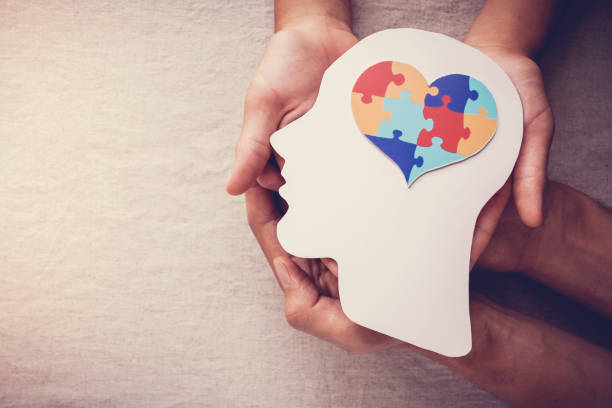This week, key aspects of the state’s Behavioral Health Roadmap went into effect. New services envisioned through the Roadmap, such as the Behavioral Health Help Line, Community Behavioral Health Centers, behavioral health urgent care and revitalized crisis services, are intended to help more people get the mental health and substance use care they need when they need it, in a community setting.
Behavioral Health Help Line
The new Behavioral Health Help Line (BHHL) is available 24 hours a day, 7 days a week, 365 days a year by phone, text or chat. The BHHL is staffed by trained clinicians and peer professionals who can help Massachusetts residents connect to mental health and substance use care.
- Phone Number: 833-773-2445 (BHHL)
- Website: https://www.masshelpline.com
The BHHL is available to any Massachusetts resident with any type of health insurance (and those who are uninsured). The phone number can be used for phone calls and text messages. The website also has a direct chat feature. Check out the FAQs on the website or this fact sheet for more information.
Community Behavioral Health Centers
There are 25 new Community Behavioral Health Centers (CBHCs), each responsible for covering different regions of the state. Click here for a map of all the CBHCs. Click on any of the individual listings for information about a specific CBHC, including contact information and the services they provide.
CBHCs should have the ability to serve all ages in all areas of the state and offer the following services:
- Same-day evaluation and access to treatment
- Timely follow up appointments
- Evening and weekend hours
- Behavioral health urgent care (additional details below)
- 24/7 community-based and mobile crisis intervention (additional details below)
- Crisis stabilization beds (additional details below)
Behavioral Health Urgent Care
There are currently 72 locations in Massachusetts where people can get behavioral health urgent care, which have been rolling out over the past year, with more expected in the future. Click here for a map and listing of all urgent care centers. Enter your zip code to find an urgent care center in your community.
Each listing has additional information, such as when to go to urgent care (versus emergency care), insurance information, hours and population served. Click here for a fact sheet about behavioral health urgent care. All CBHCs must have urgent care capability but not all urgent care sites are CBHCs.
Crisis Intervention and Stabilization
Mobile crisis intervention and community crisis stabilization have been part of the Massachusetts behavioral health system for many years. As part of the Roadmap, the state worked with providers to update these services and integrate them into the CBHC structure. Crisis intervention and stabilization services – Youth Mobile Crisis Intervention (Youth MCI), Adult Mobile Crisis Intervention (Adult MCI), Adult Community Crisis Stabilization (Adult CCS) and new Youth Community Crisis Stabilization (Youth CCS) – are intended to divert people from the emergency department by providing assessment, intervention and short term stabilization in the community. Click here for links to maps and listings, with definitions and contact information, for all of these services.
We are hopeful that these new and reorganized services that build on the existing behavioral health continuum of care will help individuals and families in Massachusetts get the care and support when and where they need it.
Thank you to our partners at the Massachusetts Association for Mental Health for providing helpful guidance and key resources through the Network of Care for this post.
Suzanne Curry is the Director of Behavioral Health Policy at Health Care For All.


